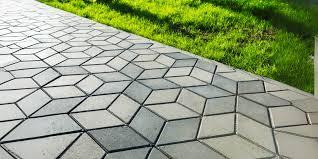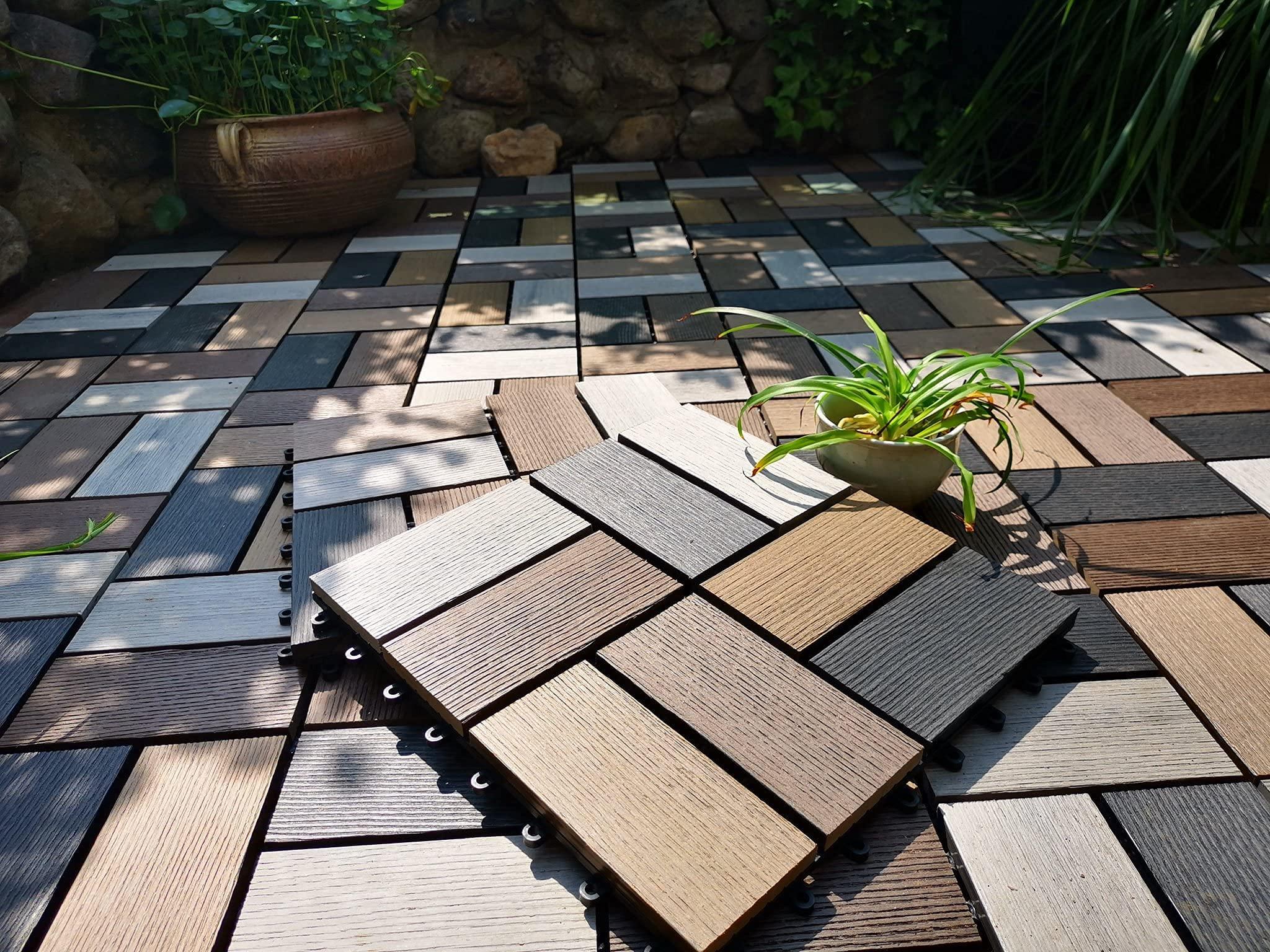




Table of Contents
- Introduction
- Importance of Using Interlocking Tiles
- Benefits of Using Interlocking Tiles
- Types of Interlocking Tiles
- Installation Process
- Tips for Maintaining Different Tile Types
- Conclusion
- Faq's
Introduction
Tired of traditional flooring options? Looking for a solution that's durable, easy to install, and offers endless design possibilities? Look no further than interlocking tiles! These innovative flooring systems are revolutionizing how we think about surfaces, offering a versatile and cost-effective alternative for a wide range of applications. From transforming a drab garage into a showroom-worthy space to creating a comfortable and safe patio, interlocking tiles provide a practical and aesthetically pleasing solution. This guide will delve into the world of interlocking tiles, exploring the different types available, their benefits, installation processes, and essential maintenance tips to help you choose the perfect flooring for your needs.
Importance of Using Interlocking Tiles
Interlocking tiles have a unique design that allows them to fit together seamlessly, providing a sturdy and stable surface. Their modular nature simplifies the installation process, requiring minimal tools and expertise. This not only saves time and labor costs but also allows for easy replacement and reconfiguration, making them ideal for dynamic spaces.
 Importance of Using Interlocking Tiles,AV Landscaping
Importance of Using Interlocking Tiles,AV Landscaping
Benefits of Using Interlocking Tiles
- Ease of Installation: No need for adhesives or grouts; they can be quickly laid down and removed.
- Durability: Made from high-quality materials, interlocking tiles resist wear and tear, making them suitable for high-traffic areas.
- Design Versatility: Available in various styles, colors, and textures, they suit any aesthetic preference.
- Low Maintenance: Easy to clean and repair; if one tile is damaged, it can be replaced without disrupting the entire floor.
- Eco-friendly Options: Many interlocking tiles are made from recycled materials, reducing environmental impact.
 Benefits of Using Interlocking Tiles, Exporter India
Benefits of Using Interlocking Tiles, Exporter India
Types of Interlocking Tiles
- Vinyl Interlocking Tiles: Water-resistant, durable, and available in numerous designs; ideal for residential and commercial use.
- Rubber Interlocking Tiles: Soft and shock-absorbent, perfect for gyms and play areas.
- Modular Wood Tiles: Provide a natural wood aesthetic, suitable for patios and outdoor spaces.
- Concrete Interlocking Pavers: Strong and suitable for driveways, patios, and walkways; ideal for heavy loads.
- Porcelain or Ceramic Tiles: Elegant and sturdy, suitable for both indoor and outdoor applications.
 Types of Interlocking Tiles,Desertcart
Types of Interlocking Tiles,Desertcart
Installation Process
- Preparation: Ensure the subfloor is clean, dry, and level.
- Layout Planning: Measure and mark the area to determine the best layout for the tiles.
- Dry Fit: Lay out the tiles without adhesive to ensure proper fit and spacing.
- Install: Begin in one corner and interlock the tiles together according to the plan.
- Finishing Touches: Trim tiles as necessary at edges and corners, and check for evenness.
 Installation Process, Perfect Pavers
Installation Process, Perfect Pavers
Tips for Maintaining Different Tile Types
- Vinyl Tiles: Regular sweeping and damp mopping; avoid harsh chemicals to maintain shine.
- Rubber Tiles: Clean with mild soap and water; avoid abrasive scrubbing to prevent damage.
- Wood Tiles: Use soft cleaners and avoid excessive water; periodically apply wood protectors.
- Concrete Pavers: Sweep away debris and regularly seal to prevent stains and degradation.
- Porcelain/Ceramic: Mop with a gentle cleaner; avoid heavy scrubbing on glazed surfaces.
Conclusion
Interlocking tiles are an excellent choice for anyone seeking a flexible, durable, and aesthetically pleasing flooring option. With numerous types available and straightforward installation and maintenance processes, they cater to a wide range of needs and preferences. By selecting the right interlocking tiles and following proper care techniques, you can enjoy a beautiful and functional floor for years to come.
explore further
Latest from Contemporary ideas
More from Innovations
Resources
Dwello, for every home buyer, is a way to go from 'I feel' to 'I know', at no extra cost.




